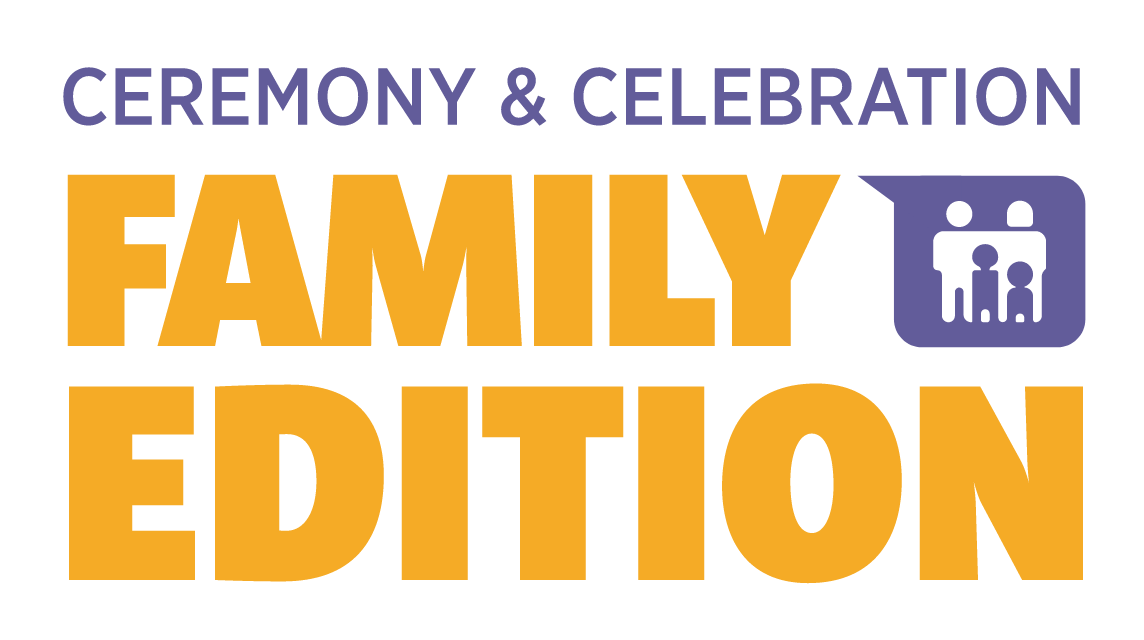Chanukah – Candle 6
Family Edition

Table of Contents
- A Chanukah Message for the Sixth Night
- From the Thought of Rabbi Sacks
- For the Young (and Young at Heart!)
- Educational Companion

A Chanukah Message for the Sixth Night
THE LIGHT OF WAR AND THE LIGHT OF PEACE
There is a law about Chanukah I find moving and profound. Rambam writes that ‘the command of Chanukah lights is very precious. One who lacks the money to buy lights should sell something, or if necessary borrow money, so as to be able to fulfil the mitzvah.’
The question then arises: What if, on a Friday afternoon, you find yourself with only one candle? Should you light it as a Shabbat candle or a Chanukah one? It can’t be both. Logic suggests that you should light it as a Chanukah candle. After all, there is no law that you have to sell or borrow to light lights for Shabbat. Yet the law is, surprisingly, that when faced with such a choice, you light your only candle as a Shabbat light. Why?
Listen to Rambam: ‘The Shabbat light takes priority because it symbolises shalom bayit, domestic peace. And great is peace because the entire Torah was given in order to make peace in the world.’
Consider: Chanukah commemorates one of the greatest military victories in Jewish history. Yet Jewish law rules that if we can only light one candle – the Shabbat light takes precedence, because in Judaism the greatest military victory takes second place to peace in the home.
Why did Judaism, alone among the civilisations of the ancient world, survive? Because it valued the home more than the battlefield, marriage more than military grandeur, and children more than generals. Peace in the home mattered to our ancestors more than the greatest military victory.
So as we celebrate Chanukah, spare a thought for the real victory, which was not military but spiritual. Jews were the people who valued marriage, the home, and peace between husband and wife, above the highest glory on the battlefield. In Judaism, the light of peace takes precedence over the light of war.

Points to Ponder
- Does Judaism think war is wrong (i.e. is Judaism a pacifist religion)?
- How can shalom bayit (peace in the home) also help bring shalom (peace) into the wider world?
- How will you contribute to shalom bayit in your home this Chanukah”?

From the Thought of Rabbi Sacks
Family… is the best means we have yet discovered for nurturing future generations and enabling children to grow in a matrix of stability and love. It is where we learn the delicate choreography of relationship and how to handle the inevitable conflicts within any human group. It is where we first take the risk of giving and receiving love. It is where one generation passes on its values to the next, ensuring the continuity of a civilisation. For any society, the family is the crucible of its future, and for the sake of our children’s future, we must be its defenders.
Morality, p. 74

Points to ponder
- Why is the family unit so important according to Rabbi Sacks?
- What is the connection between this quote and the message from Rabbi Sacks on The Light of War and the Light of Peace?

Chanukah for the Young (and the Young at Heart!)
It Once Happened…
General Holofernes commanded a huge Syrian-Greek army. As part of his campaign to stamp out the Jewish revolt, his forces besieged the town of Bethulia, in the land of Judea. The people of the town soon found themselves in a desperate situation, critically lacking in food and water, and facing a far superior military force.
Living in the town was a widow named Yehudit, who was the sister of Mattityahu and the aunt of Yehudah the Maccabee. She courageously hatched and executed a plan to save her town. She sneaked out of the city and requested an audience with Holofernes the enemy commander. She convinced him that she had intelligence that would help him conquer the town, in exchange for his guarantee to deal compassionately with the inhabitants. She brought food and wine to celebrate their arrangement, including very salty goat cheese and especially strong wine. The cheese made the general thirsty, and he drank so much wine that he became drunk and fell asleep. She seized her opportunity, and killed him with his own sword.
When she brought news back to the town of his death, the Jews were inspired by the daring heroism of Yehudit, and they attacked the Greek forces. Without their commander, the Greeks retreated, and the town was freed. This proved to be a key turning point in the Jewish revolt against the Greeks.

Points to Ponder
How is Yehudit similar to her nephew Yehudah the Maccabee?
Chanukah Challenge!
Rhyming Riddles: Who, or what, am I?
- I’m sweet and round, coming to a boil, in a pot of bubbling oil.
- I’m a small town near Jerusalem. The Hasmoneans lived here. Mattityahu and his five sons, who fought the Greeks with no fear!
- I have eight plus one, to remember the battle we won!
- I’m made from olives. I come out when they are pressed. You can burn me for light. Who am I? Have you guessed?
- I get dizzy as the children spin me. But it’s only the Chanukah gelt they really see.
- I’m here to serve others. Eight friends get light from me. You’ll see me every night of Chanukah. Can you guess who I might be?
- I’m fried in oil and very yummy. With sour cream or apple sauce I’ll fill your tummy.
- Brave soldiers we fought without glamour. Our fearless leader was nicknamed hammer!
FUN FACT!
The Maccabees were a group of Jewish Hasmonean warriors from Modi’in who rebelled against the Seleucid Greeks and defeated them, rededicating the Temple. This miraculous victory is celebrated on the festival of Chanukah. The name Maccabee was the nickname of their leader, Yehudah, and means “Hammer” in Aramaic, in recognition of his strength as a warrior (although some say it was because he had a flat head like a hammer).
THE LIGHT OF WAR AND THE LIGHT OF PEACE
- Judaism is not a pacifist religion. It believes firmly in the moral justification for war under certain circumstances, such as self-defence, or in the name of God and the values of the Torah. However, peace is an ultimate value in Judaism, and whenever possible, the peaceful course should be taken.
- When we are inevitably faced with challenging situations within the family structure, we learn skills such as negotiation, conflict-resolution and inter-personal skills which help ensure there is shalom bayit. All these skills are also essential for ensuring shalom in the wider world when we will undoubtedly face similar moment of tension.
- Perhaps you can offer to help your parents with Chanukah preparations, or spend some time thinking about how you can show love to your siblings or other family members (e.g. buying or making presents, or preparing fun activities to do together.)
FROM THE THOUGHT OF RABBI SACKS
- The family unit is where we learn how to be good citizens and how to form relationships with others. It is where we learn to love and to be loved. This gives us the skills to love and be loved by others outside of our families. It is where our values are transmitted to the next generation, and represents the future of our civilisation. The family unit is the foundation for a healthy society.
- The family is a core value in Judaism, and this is seen in the halachah that Rabbi Sacks shared in the first message, where if one only has enough money for one candle, and is faced with the dilemma of using it either for Chanukah or as a Shabbat candle, one must light it as a Shabbat candle, because this brings shalom bayit to the family home.
IT ONCE HAPPENED…
They both demonstrated courage and self-sacrifice for their people. They put themselves in harm’s way in order to triumph over the enemies of Israel. Yehudit is a particularly important character for us, as a strong female role-model whose dedication to her people ranks alongside her nephew and the other heroic leaders of Israel.
CHANUKAH CHALLENGE ANSWERED: RHYMING RIDDLES
- Sufganiyot (doughnuts)
- Modi’in
- Chanukiah (menorah)
- Shemen zayit (olive oil)
- Sevivon (dreidel)
- Shamash
- Latkes
- Maccabees

Just as the Chanukah lights illuminate our homes, Rabbi Sacks זצ"ל lit up the world by inspiring us and others with his timely and timeless insights. Chanukah reminds each one of us to be a light in the wider world. Every night of Chanukah we will be highlighting one book where Rabbi Sacks articulated his deep insights into Judaism, morality, sociology, theology, and much much more, guiding us all to live a life of Judaism engaged with the world.
Tonight’s book is To Heal A Fractured World: The Ethics of Responsibility, a profound engagement with the human condition today and a clarion call beckoning the world to honour and enhance the freedom of others.




